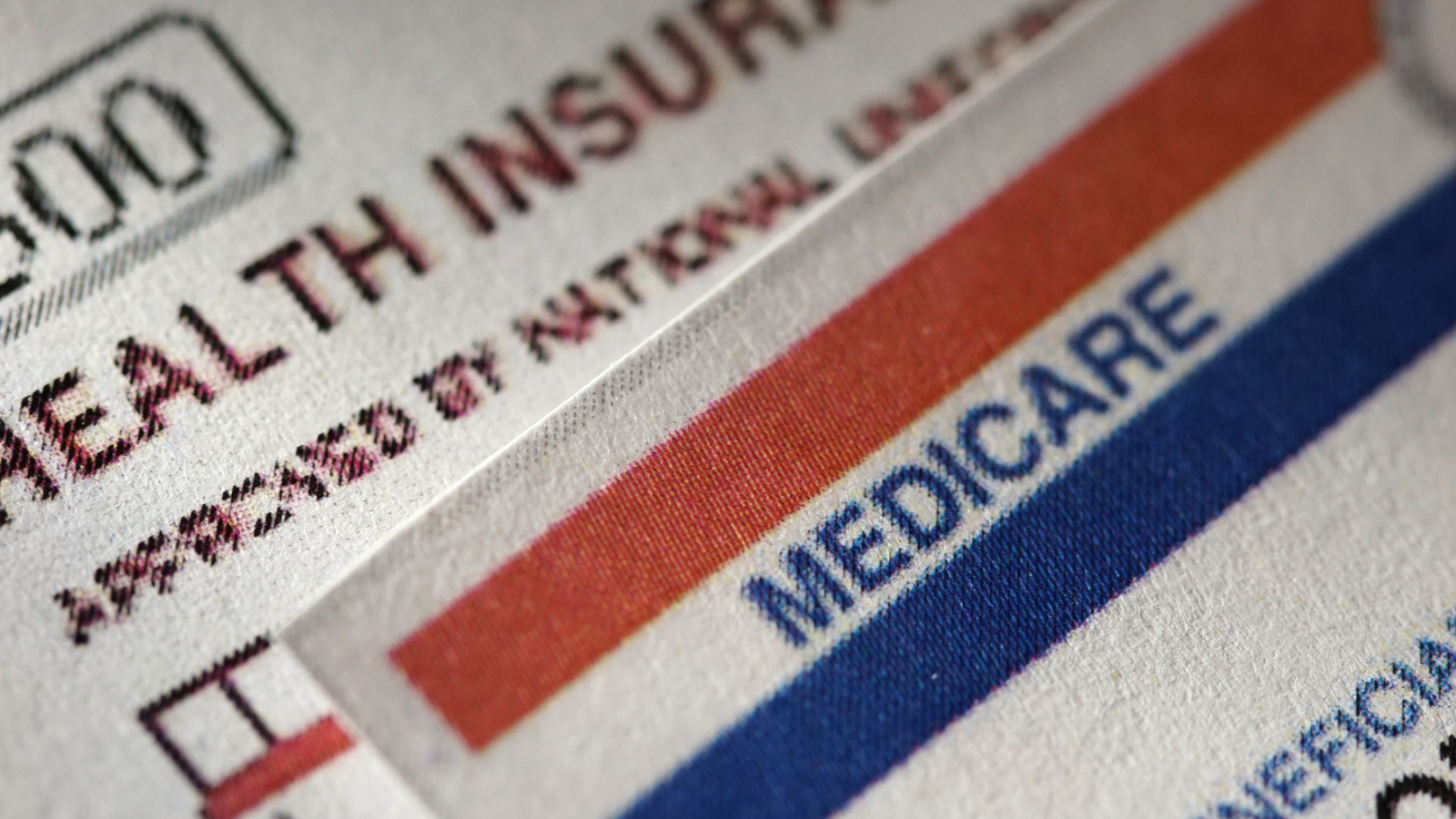
A prescription drug event (PDE) edit was enacted in July 2017 that reduced reimbursement of Part D–covered medications from 32 to 14 days after the deaths of community-dwelling Medicare beneficiaries whose prescriptions were dispensed by community or retail pharmacy services. These reimbursements to decedents may be evidence of wasteful healthcare spending, and the effect of the PDE edit has not been evaluated.
A research letter in JAMA Network Open from Dr. Yongkang Zhang, assistant professor of population health sciences, and colleagues evaluates the association of this PDE edit policy change with prescriptions dispensed after the deaths of beneficiaries and estimated Medicare spending.
Researchers sampled 2016-2018 claims data for Medicare fee-for-service (FFS) beneficiaries aged 66 years or older and conducted an interrupted time series analysis. Outcomes included the number of decedents to whom one or more prescriptions were dispensed after death, number of prescriptions dispensed after death, and estimated Medicare spending per 1000 deaths.
Researchers found that after the PDE edit, 13.8 beneficiaries per 1000 deaths were dispensed a prescription after death, resulting in 27.9 prescriptions and $5824 in estimated Medicare spending per 1000 deaths. Researchers estimate that the edit was associated with an estimated reduction in spending of $2.9 million. The reductions observed are nonsignificant but potentially meaningful.
- Highlights

